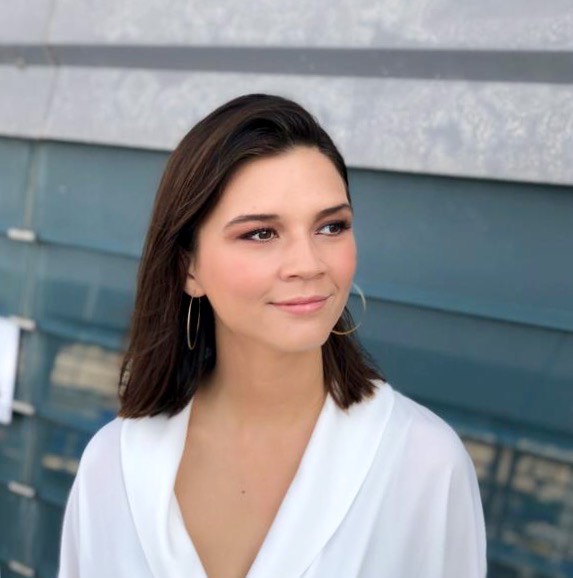Describe yourself well and impress an employer
The job interview is the place where a company gets to know you as a three-dimensional person outside of the two dimensions of your CV and cover letter. While interviewers generally already have an idea of what your skills and experience are from your CV, they want to add colour to the outlines of the portrait they've drawn. Having the ability to paint an accurate picture of who you are, what you're looking for, and why you'll be a perfect fit for the role they're filling is critical to how you describe yourself in an interview. Here are key points to consider when practising how to describe yourself accurately in your next interview.
Consider the company culture
An important evaluation metric for interviewers is whether or not you'll fit into the company culture. Even if you have a great CV and cover letter that have got your foot in the door, the interviewer will want to see that you'll be able to work well in the company's environment and cooperate with your future colleagues. Do some research on the company culture before you walk into the interview room, whether it's by following the company on social media or sitting down with current employees to chat, so that you know how to tailor your response to fit the priorities of the specific company.
Say what others might think about you
It can sometimes be uncomfortable to unreservedly talk about our accomplishments and strengths. A shortcut around this is to think about what other people you've worked with would say about you and try to speak from their perspective. Draw on your memories of performance reviews, exit interviews, and letters of recommendation to paint a picture of what others have noticed about your professional strengths and weaknesses.
Keep it clear and concise
You are a multifaceted person with a wealth of skills and experiences. If you are asked a question like "Tell me about yourself" or "Give me a bit of background on yourself", it can be easy to feel lost in the possibilities of how to present yourself. The trick is planning ahead of time, deciding the qualities and experiences that you want to emphasise during the interview, and having the data and anecdotes ready to back them up.
Use your CV as an outline, not a script
The interviewers will have ample time to review your CV before they sit you down in the interview chair. Therefore, the interview is not the place to do a full regurgitation of your CV. Instead, emphasise themes in the interview that correspond with themes on your CV to describe yourself. For example, if you focus on your leadership accomplishments in your CV, make sure to tell stories in your interview that further emphasise and give colour to your leadership experience.
Provide concrete examples
It's not enough to tell the interviewer about what skills and experience you have. You need to show that you can put these skills into action and that your experience is relevant by telling carefully crafted stories that showcase your abilities. Practise telling your stories beforehand so that you can keep them short and to the point. If you can, practise with another person listening, like a friend or family member, so that they can tell you if the point you're trying to make in your story is coming across.
Prepare for follow-up questions
With every anecdote you prepare and every trait you showcase, it's important to anticipate and prepare for follow-up questions. This is another reason why practising with a friend or family member is helpful. Invite them to ask follow-up questions and take note of what they say. Be prepared to answer these questions or integrate the answers into your anecdotes, so that you can increase your clarity and more accurately describe yourself.
The takeaway
Having a great CV and cover letter will get you into the office for an interview. From there, it's your job to show the interviewer who you are and what you'll bring to the new role. By using colourful, concrete examples that anticipate follow-up questions and are grounded in genuine research about the company, you give the interviewer a detailed portrait of who you are outside of the pages of your CV and how you can contribute to their business.
You have to describe yourself in a CV as well. Find out if you are doing it effectively by submitting your CV for a free CV review from from TopCV.
Recommended reading:
-
How to best answer the 'Tell us about yourself' interview question
-
Why acknowledging your weakness might score you your next job
 Lillian Childress
Lillian Childress 